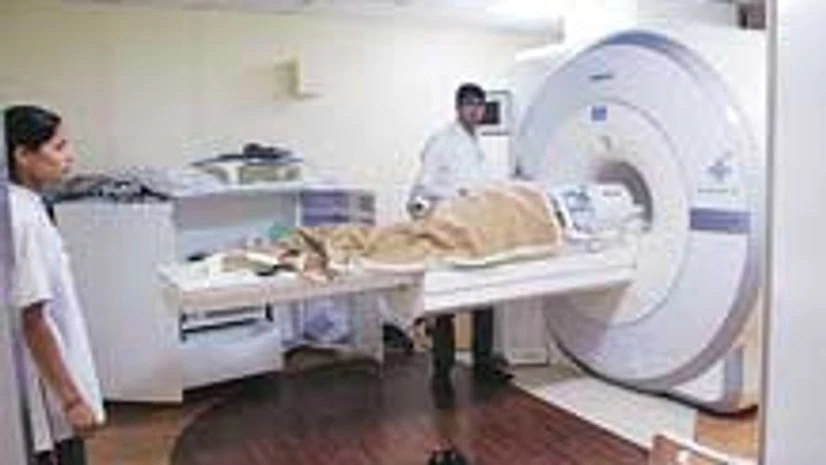Country's medical electronics market will grow to $11.7 billion by 2017, as against the current valuation of $6.5 billion, helped by increased awareness for healthcare delivery system in the country.
"It is interesting to note that medical electronics market in India is growing at a 16 per cent compounded annual growth rate and is currently valued at $6.5 billion.
"This will grow to $11.7 billion by 2017 due to increased awareness about the benefits of healthcare delivery system, lifestyle diseases, exploding population and increased middle-class income," Capt R Raghavan, senior Vice President of Medall Diagnostics, Chennai, said here.
Also Read
He was speaking while presenting a paper on 'Medical Electronics' at the 16th two-day national conference on 'Next Generation Electronics', organised by an educational institution here recently.
On the future of electronics, he further said, "The most important factor for this growth is the unprecedented increase in allocation of government budget for the healthcare sector (close to 2.5 per cent of GDP). Therefore the future of electronics is in the field of healthcare."
Raghavan said the medical electronics is in the golden quarter of the high growth graph. The concept of electronics for medicine started with the invention of basic instrumentation for recording physiological signals from the heart using electro-cardiography, echo cardiography and few patient monitoring devices.
However in the last half century, the world has experienced an unbelievable domination of electronics in the medical field in the form of advanced, sophisticated diagnostic equipment.
The penetration of electronics creating an inseparable bond in the medicine field is visible in the new generation advanced diagnostic equipment like MRI (Magneto Resonance Imaging) CT (Computed Tomography) scan, ultrasound imaging, digital X-Ray, etc.
The electronics, combined with the Information Technology network, has transformed the paper-based medical record systems to electronic health records, he said.
The next generation technologies such as wireless body networks, bio-sensors embedded in drugs, micro fluids, micro electro mechanical systems and nano electro mechanical systems are going to create a revolution in the field of advanced diagnosis for a better healthcare delivery, Raghavan said.

)
